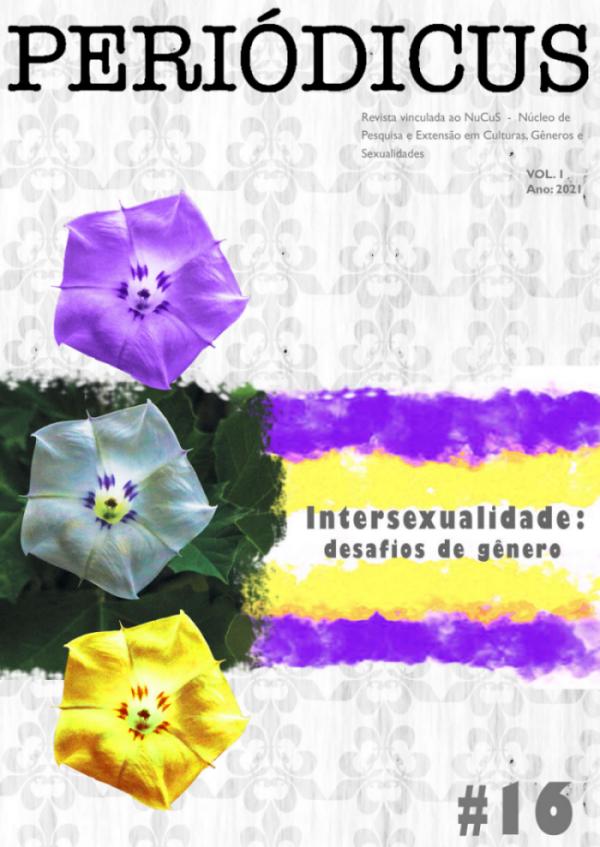Uncertain sexes: ambiguity and difference in Herculine Barbin’s autobiography
DOI:
https://doi.org/10.9771/peri.v1i16.42974Abstract
Adèlaïde Herculine Barbin was a French teacher diagnosed as a “male hermaphrodite” at the age of 21. After having her civil status rectified, she was renamed Abel Barbin. In 1868, already living as a man, Herculine committed suicide. Beside her body, the manuscript entitled My Memories was found, in which she narrated the misfortunes and joys of her brief existence. My Memories indicates that a specific question was insistently addressed to Herculine: what is her real sex? However, she had dismantled this issue somehow. Following Herculine’s autobiography, we draw two lines of investigation. In the first, we followed how European medicine in the late 19th century was obstinate in unraveling the true sex of individuals. In the second, we followed the potential of My Memories to transform the question addressed to Herculine, which presented the sex/gender system with an energetic question: do we really need a real sex?
Downloads
Downloads
Published
How to Cite
Issue
Section
License
Copyright (c) 2021 Izabel Rizzi Mação, Davis Moreira Alvim, Alexsandro Rodrigues

This work is licensed under a Creative Commons Attribution-NonCommercial 4.0 International License.
Autores que publicam nesta revista concordam com os seguintes termos:
Autores mantêm os direitos autorais e concedem à revista o direito de primeira publicação, com o trabalho simultaneamente licenciado sob Licença Creative Commons Attribution Noncommercial que permite o compartilhamento do trabalho com reconhecimento da autoria e publicação inicial nesta revista, sendo vedado o uso com fins comerciais.
Autores têm autorização para assumir contratos adicionais separadamente, para distribuição não-exclusiva da versão do trabalho publicada nesta revista (ex.: publicar em repositório institucional ou como capítulo de livro), com reconhecimento de autoria e publicação inicial nesta revista.
Autores têm permissão e são estimulados a publicar e distribuir seu trabalho online (ex.: em repositórios institucionais ou na sua página pessoal) a qualquer ponto antes ou durante o processo editorial, já que isso pode gerar alterações produtivas, bem como aumentar o impacto e a citação do trabalho publicado (Veja O Efeito do Acesso Livre).







